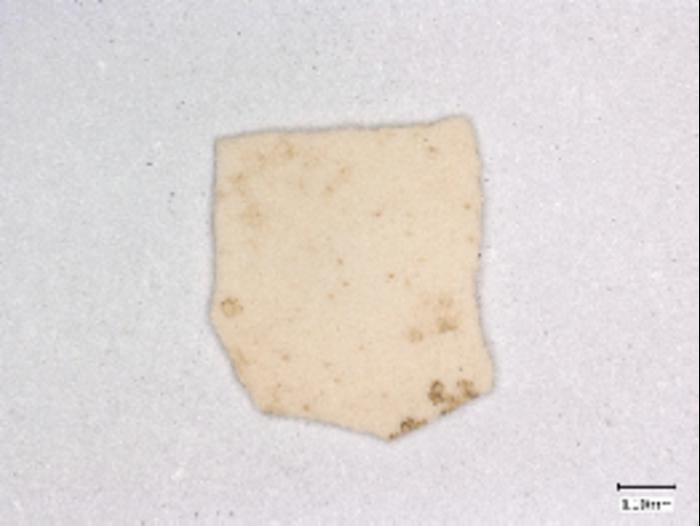 JENA, GERMANY—A study of eggshell fragments unearthed at 12 archaeological sites located along the Silk Road corridor in Central Asia suggests that domesticated chickens were kept there as early as 400 B.C., according to a Cosmos Magazine report. The eggshells were analyzed by a team of researchers led by Robert Spengler and Carli Peters of the Max Planck Institute of Geoanthropology with ZooMS, or zooarchaeology by mass spectrometery, which identifies animal species through characteristic sequences of amino acids in protein collagen. So many ancient chicken eggshells were identified at these sites that Spengler, Peters, and their colleagues suggest that the birds must have been laying out of season. In contrast, the red jungle fowl, the ancestor of the domesticated chicken, lays just six eggs once a year, the researchers explained. They concluded that such prolific egg laying likely encouraged the spread of the domesticated chicken. Read the original scholarly article about this research in Nature Communications. For more on the domestication of chickens, go to "Fast Food."
JENA, GERMANY—A study of eggshell fragments unearthed at 12 archaeological sites located along the Silk Road corridor in Central Asia suggests that domesticated chickens were kept there as early as 400 B.C., according to a Cosmos Magazine report. The eggshells were analyzed by a team of researchers led by Robert Spengler and Carli Peters of the Max Planck Institute of Geoanthropology with ZooMS, or zooarchaeology by mass spectrometery, which identifies animal species through characteristic sequences of amino acids in protein collagen. So many ancient chicken eggshells were identified at these sites that Spengler, Peters, and their colleagues suggest that the birds must have been laying out of season. In contrast, the red jungle fowl, the ancestor of the domesticated chicken, lays just six eggs once a year, the researchers explained. They concluded that such prolific egg laying likely encouraged the spread of the domesticated chicken. Read the original scholarly article about this research in Nature Communications. For more on the domestication of chickens, go to "Fast Food."
Evidence for Domesticated Chickens Dated to 400 B.C.
